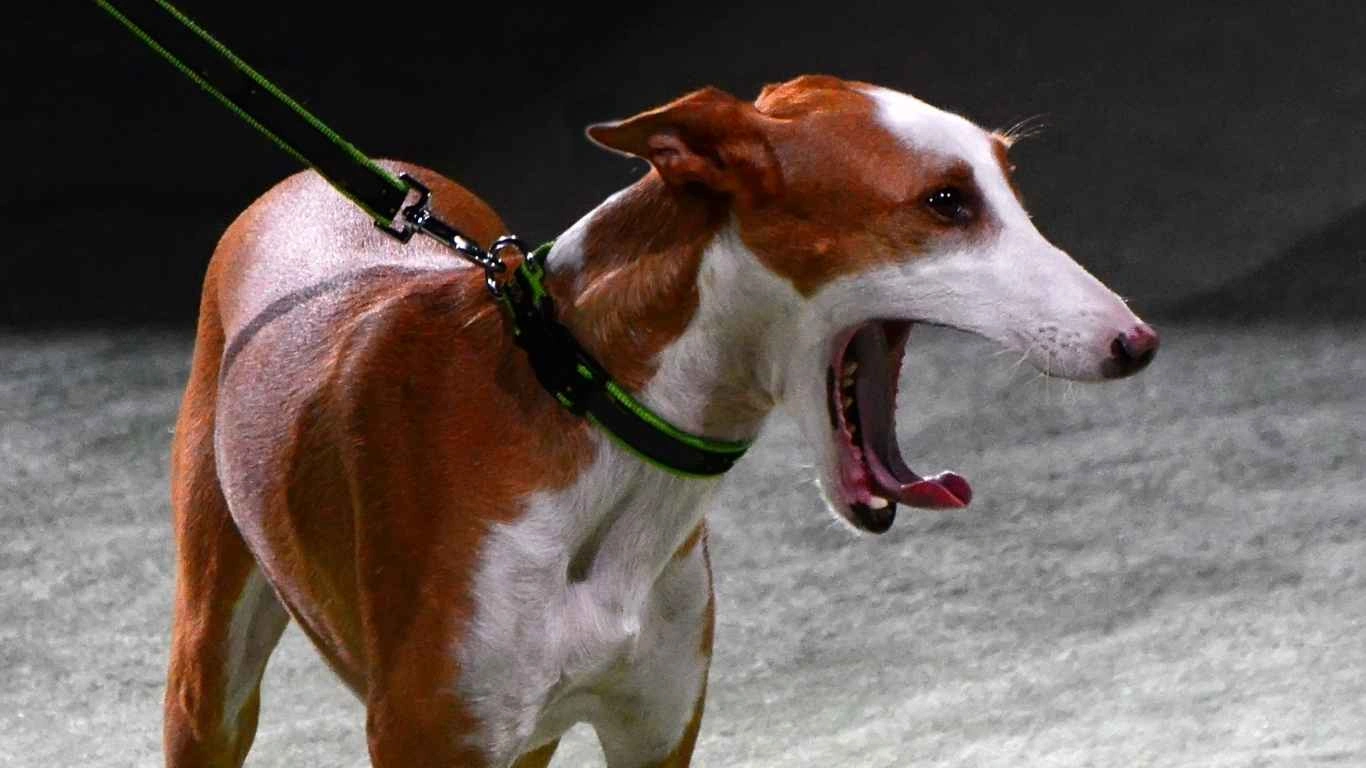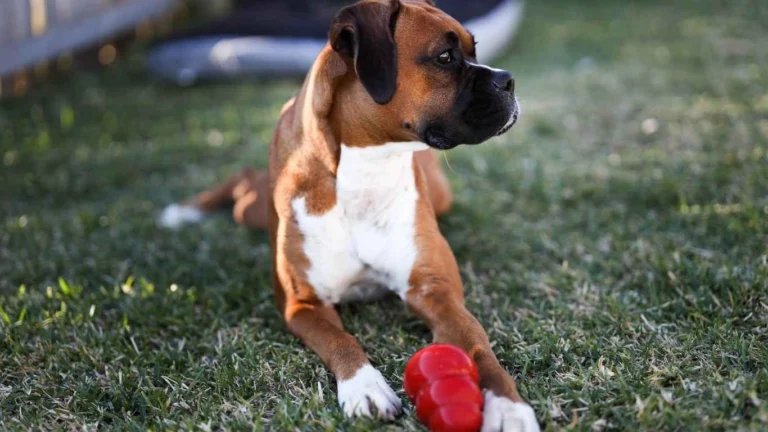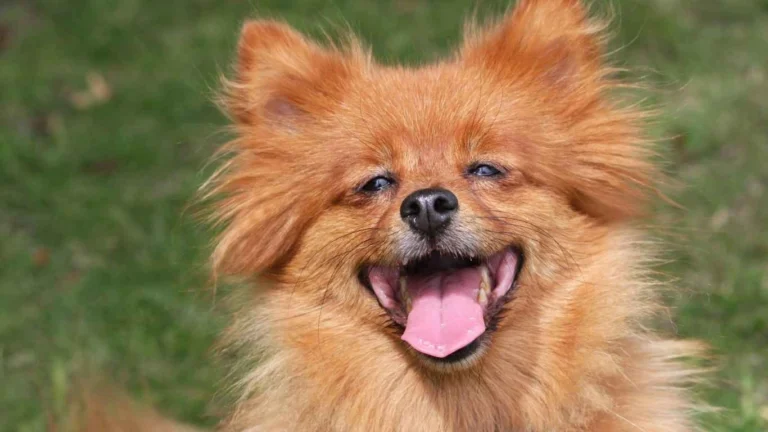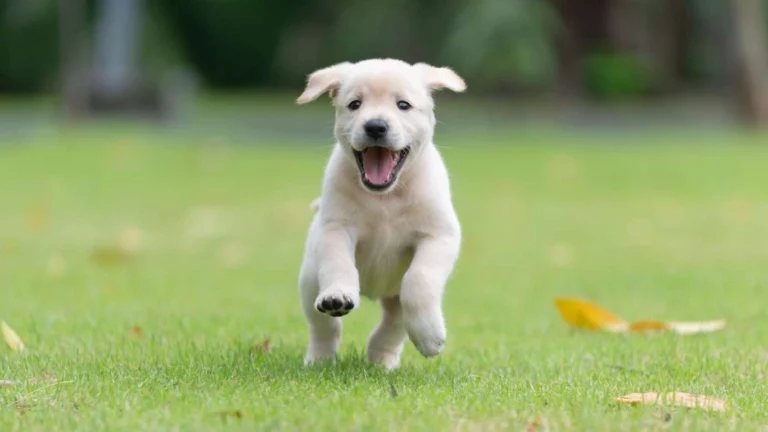Best Calorie-Dense Foods for Skinny Dogs to Help Them Gain Weight
It can be worrisome when your dog is underweight. Just like people, dogs need enough calories to stay healthy, grow strong muscles, and have energy for daily play and walks. If your dog is skinny, one of the best ways to help them gain weight safely is by feeding them calorie-dense foods. These are foods packed with nutrients and energy in small amounts, so your dog gets more calories without needing to eat a huge bowl of food.
Understanding Why Some Dogs Are Too Skinny
Dogs come in all shapes and sizes, but being underweight isn’t just about looking lean. When a dog is too thin, it may not be getting enough nutrients to support a healthy body. Dogs need protein, fats, vitamins, and minerals to stay strong and active.
Their bodies use these nutrients to build muscle, support their immune system, and keep organs like the heart and kidneys working properly. When a dog doesn’t get enough food—or the right kind—it can lead to low energy, weakness, or even illness over time.
How Calorie-Dense Foods Help
Calorie-dense foods are meals or treats that have a lot of energy (calories) packed into a small serving. These foods usually contain healthy fats and proteins, which are the building blocks of muscle and essential for growth and healing.
Instead of feeding your dog more of their regular food, adding calorie-rich ingredients helps them gain weight more efficiently. That’s especially helpful for small dogs or picky eaters who don’t eat large portions.
Best Calorie-Dense Foods for Skinny Dogs
Here are some of the top foods veterinarians often recommend for dogs who need to gain weight:
- High-Quality Dog Food: Look for foods labeled as “high performance” or “active dog” formulas. These often have more protein and fat per cup than standard brands.
- Puppy Food: Puppy kibble is often more calorie-rich and nutrient-dense because young dogs need more energy to grow. Adult dogs can safely eat it short-term to gain weight.
- Canned Dog Food: Wet foods usually have more fat than dry kibble, and many dogs find them tastier and easier to eat.
- Cooked Eggs: Eggs are full of protein and healthy fats. Scrambled or boiled eggs (without seasoning) make a great topper for dog food.
- Peanut Butter: A spoonful of unsalted, xylitol-free peanut butter is a tasty calorie booster. Just don’t overdo it—it’s high in fat.
- Chicken or Turkey: Cooked, lean meats are rich in protein and easy to digest. Avoid skin, bones, and seasoning.
- Cottage Cheese: Some dogs tolerate dairy well, and cottage cheese adds both calories and protein. Introduce it slowly to avoid stomach upset.
- Salmon or Sardines: These oily fish are packed with omega-3s and healthy fats. Choose canned (in water) or cooked versions without added salt.
- Sweet Potatoes: A healthy source of carbs and fiber. Cooked sweet potatoes are soft and easy to mix with regular meals.
- Special Weight-Gain Supplements: Some pet stores sell vet-approved products made to help dogs gain weight. These often come in powder or gel form and are easy to add to meals.
Adding just one or two of these to your dog’s meals can make a big difference. Start small and watch how your dog responds. Too many changes at once can upset their stomach.
What Causes a Dog to Be Underweight?
There are many reasons a dog might be underweight. Some are harmless and temporary, but others might signal a deeper health problem. Here are some common causes:
- Picky eating: Some dogs simply don’t eat enough due to taste preferences or poor appetite.
- High activity levels: Active breeds or working dogs burn more calories and may need more food than the average pet.
- Parasites: Worms or other intestinal parasites can steal nutrients from your dog’s food.
- Stress or anxiety: Changes in routine, loud noises, or separation anxiety can affect appetite.
- Dental issues: Tooth pain or gum problems may make it hard for your dog to chew and eat.
- Chronic illness: Conditions like diabetes, kidney disease, or cancer can lead to weight loss.
- Food allergies or digestive problems: If your dog can’t absorb nutrients properly, they might stay thin even if they eat.
If your dog is suddenly losing weight or has never gained properly, it’s important to find out why. A visit to your vet can help rule out serious issues and guide you toward the right plan.
When to Talk to a Veterinarian
Helping a skinny dog gain weight is usually safe, but it’s always best to work with your vet—especially if you’re not sure why your dog is underweight.
You should schedule a vet check-up if your dog:
- Loses weight quickly without a change in diet or exercise
- Seems tired, weak, or not interested in food
- Has visible ribs, hip bones, or spine
- Vomits, has diarrhea, or shows signs of pain when eating
- Is a puppy, senior, or has a known medical condition
Veterinarians can do a full check-up, run blood tests, or look for parasites to get to the root of the problem. They might also recommend a feeding schedule or suggest prescription diets tailored to your dog’s needs.
Adding weight safely takes time, patience, and the right mix of calories and care. But with a little help and some tasty foods, most skinny dogs can regain their strength and energy in a few weeks.
If you’re ever unsure, reach out to your vet—they’re your best partner in helping your dog thrive.






